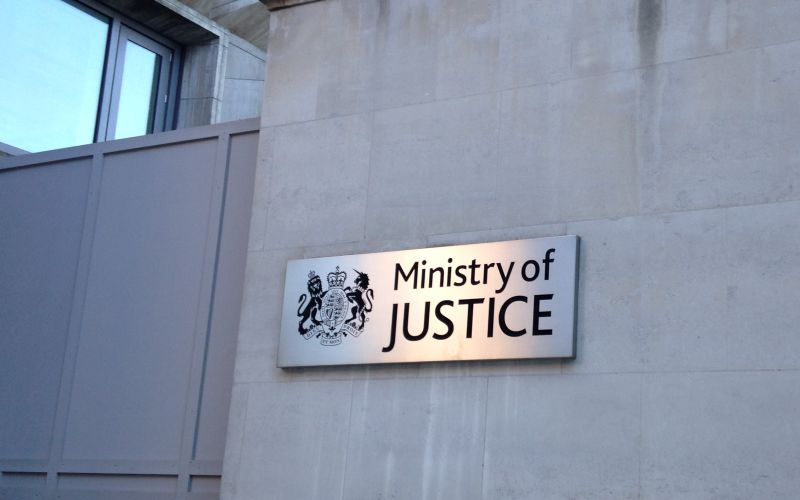The justice secretary has launched a call for evidence on how the criminal justice system is supporting offenders who are autistic or have learning difficulties.
The call from Robert Buckland comes six months after the Equality and Human Rights Commission (EHRC) found that the system was failing many disabled people and needed reform to ensure they receive a fair trial.
EHRC found that the system was not “systematically” recognising the needs of people with learning difficulties, autistic people and those with brain injuries.
And it concluded that many such people were not identified before their trial took place and so were not provided with the adjustments they needed to take part properly in the legal process.
Now Buckland has called for evidence – a consultation which will last just four weeks, across Christmas and the new year – on how many offenders are autistic or are affected by impairments such as learning difficulties, ADHD and dyslexia, and what support is provided for them in the criminal justice system.
Buckland said: “As a barrister, part-time judge and now as lord chancellor, I’ve too often seen people with conditions like autism and dyslexia struggle through their brush with the law.
“It might be that they get lost in the complex legal language or fall foul of it simply because it’s harder to see right from wrong.
“My family’s experience of autism has taught me that those with neurodivergent conditions have so much to offer when they get the right help.
“That is why I want to build a criminal justice system with better support that cuts reoffending and which keeps the public safer.”
His department said the courts, judiciary and legal sector all had a role to play, with some studies suggesting that more than “a third of all offenders have some form of learning disability or difficulty and over half of prisoners may have sustained acquired brain injuries”.
The call for evidence is being led by the prisons and probation inspectorates, and it closes on 15 January.
Charlie Taylor, chief inspector of prisons, said: “For many years the inspectorate has been concerned about the outcomes for neurodiverse prisoners and we are pleased to take on this commission from the lord chancellor.”
The Ministry of Justice said the evidence would help it develop a training package to educate frontline staff about neurodiversity and when someone might need extra support.
Next year, the National Probation Service will pilot a new screening tool to identify those with neurodiverse conditions and provide advice on how to support them.
An EHRC spokesperson said: “We welcome the review by the Ministry of Justice into the effective participation of offenders with neurodiverse conditions in the criminal justice system, which we hope will help to create a fairer justice system.
“Our inquiry into the experiences of disabled defendants and accused people in the criminal justice system, published earlier this year, found that the complex environment of the criminal justice system is not designed around the needs and abilities of disabled people.
“We are pleased to be working with the department on the findings and recommendations from our inquiry.
“This includes a recommendation calling for clear regulatory oversight to monitor the effective participation of defendants and accused people in the criminal justice system, which the department has committed to take forward.”
A note from the editor:
Please consider making a voluntary financial contribution to support the work of DNS and allow it to continue producing independent, carefully-researched news stories that focus on the lives and rights of disabled people and their user-led organisations.
Please do not contribute if you cannot afford to do so, and please note that DNS is not a charity. It is run and owned by disabled journalist John Pring and has been from its launch in April 2009.
Thank you for anything you can do to support the work of DNS…

 Disabled students set to protest over cuts in support
Disabled students set to protest over cuts in support Shock of activists as disability minister ignores disabled woman who collapsed on floor after cuts meeting
Shock of activists as disability minister ignores disabled woman who collapsed on floor after cuts meeting Disabled peers speak of ‘daily fight’ against access barriers in House of Lords
Disabled peers speak of ‘daily fight’ against access barriers in House of Lords